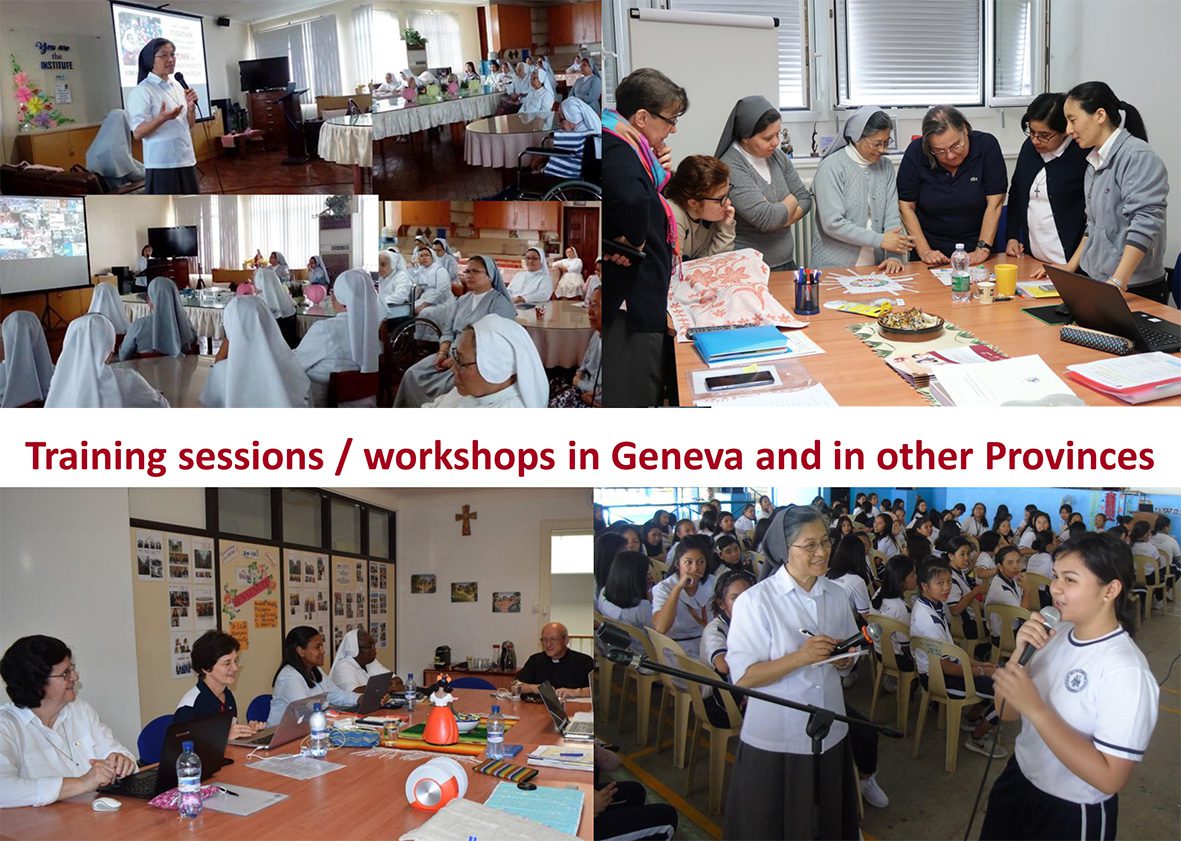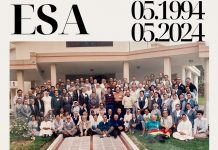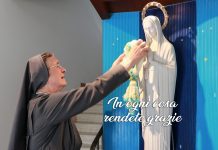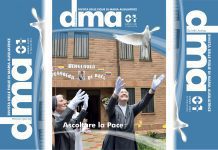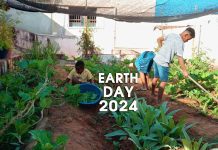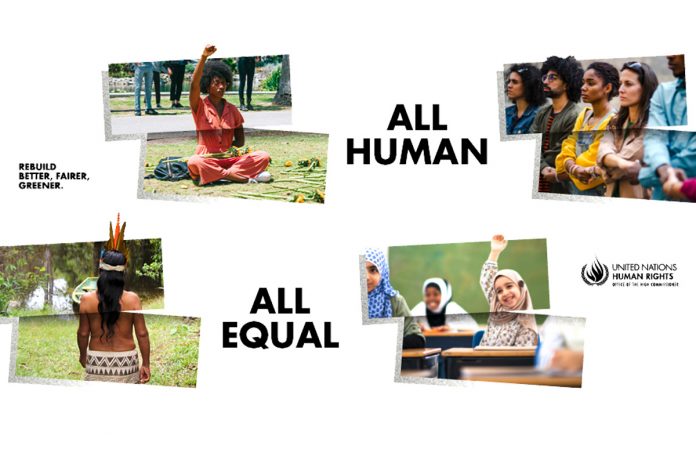Rome (Italy). World Human Rights Day is celebrated on 10 December 2021, to commemorate the day on which, in 1948, the United Nations General Assembly adopted the Universal Declaration of Human Rights.
The principles of equality, non-discrimination, and inclusion proclaimed in the Declaration are the basis of respect for the human rights of all regardless of age, sex, race, nationality, religion, and social status to walk towards a future of justice and peace.
The theme of Human Rights Day 2021 – “All human All equal” refers to the 1st article of the Declaration: “All human beings are born free and equal in dignity and rights”.
The Covid-19 pandemic has highlighted the great inequalities that already exist, poverty and human rights violations, so this year’s theme focuses on the challenge of reducing inequalities and advancing human rights, in line with the 2030 Agenda Goals, which have the common purpose of leaving no one behind along the way, to lead the world on the path of sustainability.
Pope Francis, in the Encyclical Letter Fratelli Tutti, underlines the need for a ‘sustainable equality’, based on long-term plans and not on the immediate response to emergencies (cf. FT 161). The awareness that “everything human concerns us” (FT 278) is also of fundamental importance in actions aimed at restoring human rights and duties, starting with the elimination of inequalities, exclusion and discrimination.
The Human Rights Office for the International Institute Mary Help of Christians (IIMA) of Geneva, in Switzerland, in pursuing its commitment to a “world in which all boys, girls and young people can realize their full potential to be free and responsible citizens”, focuses on the principles of equality, non-discrimination and active citizenship.
To protect, promote, and realize the human rights of all especially children, young people and women, the IIMA Human Rights Office in November 2021 started an online training course (UPR Engagement Online Training) aimed at Contact teams of the Non-Governmental Organizations (NGOs) of the Daughters of Mary Help of Christians of each State, Province or area, so that they actively participate in the Universal Periodic Review (UPR).
The UPR is a process that involves reviewing the human rights records of the 193 UN member States. It offers each State the opportunity to declare what actions have been taken to improve the situation in their countries, to fulfill their human rights duties.
As part of the UPR, any NGO can send a written presentation on the human rights situation in the State / members of the United Nations where it is present. IIMA, together with VIDES International, is engaged in this process. From 2010 to 2021, IIMA and VIDES sent to the Office of the High Commissioner for Human Rights 75 reports of UPR on the situation of protection and promotion of human rights in some of the Countries in which they are present
Through actions aimed at promoting human rights (advocacy) – the IIMA Human Rights Office provides UN experts and representatives of member states with detailed information on how human rights are respected and safeguarded at the local level, as well as reporting violations. The Office works in close collaboration with the local members of the Provinces.
The online training course, which began in November 2021, takes place over a period of 4 and a half years and aims to make the participants the main actors in the drafting of the report and in the monitoring of the projects they deal with in the local realities, in which it describes how the recommendations on human rights proposed to the territorial authorities are implemented, the goals achieved, and the steps to be taken. Currently there are 42 participants in this process, including FMA, lay collaborators, and young people from Brazil, Ecuador, India, and the Philippines, involved in projects aimed at promoting human rights in their respective Countries.
The drafting of these reports for the United Nations agency has the purpose of documenting the work in favor of human rights in the countries where the FMA Institute is present and of spreading good practices among the Educating Communities to build together a more human and fraternal society, able to ensure in an efficient and stable way so that all are accompanied in their path of life “not only to provide for basic needs, but so that they can also give the best of themselves” (FT 110).
